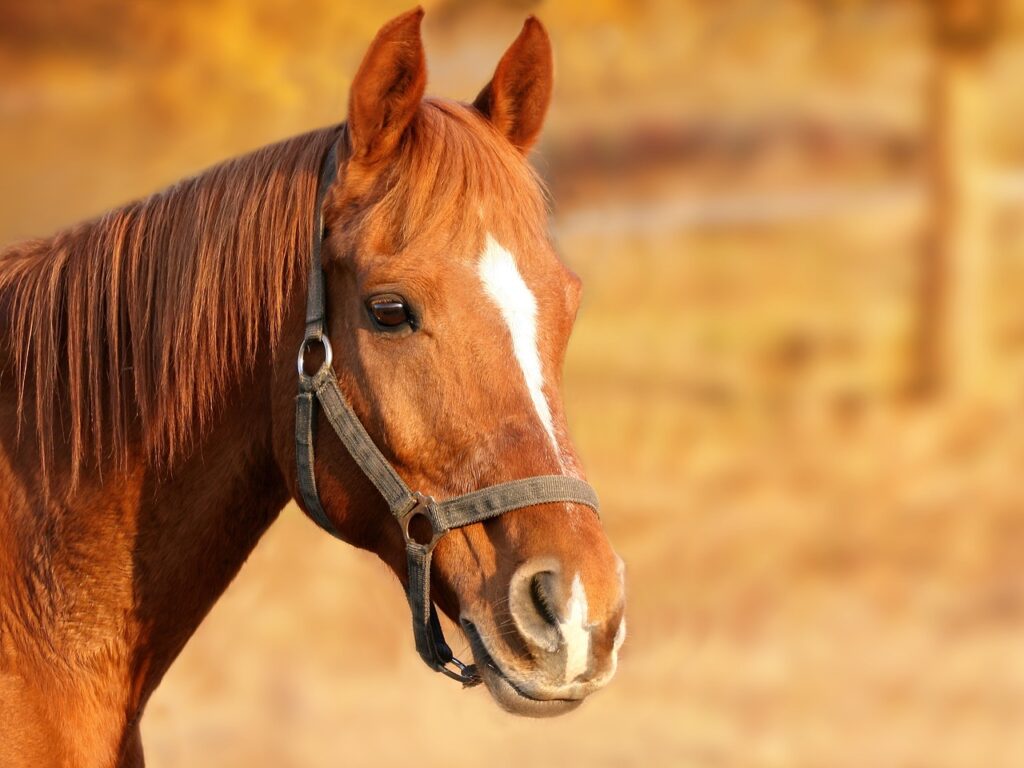
Buenos Aires/Geneva: The first confirmed human case of Western Equine Encephalitis (WEE) infection has been reported after more than two decades since the last reported human cases in Argentina occurred in 1982/1983 and 1996.
Argentina’s national Ministry of Health was working together with the National Food Safety and Quality Service (SENASA per its acronym in Spanish) and the Ministries of Health of the Province of Santa Fe and of other affected provinces, on the implementation of preventive measures, epidemiological surveillance and outbreak control actions, the World Health Organization (WHO) stated in Geneva today.
WEE is a rare mosquito-borne viral disease that affects equines and humans. Most human cases are associated with epidemics in birds or horses. The virus has the potential to spread to other areas through the migration of infected birds or the movement of people and animals carrying the virus. Given that birds act as a reservoir, they can act as amplifying hosts for viral dissemination to other countries. At-risk groups include people who live, work, or participate in outdoor activities in endemic areas or where there are declared active disease outbreaks in animals.
In Argentina, between November 25 and December 27 of 2023, a total of 1182 outbreaks of WEE disease have been identified in equines in 12 provinces of the country: Buenos Aires (n = 717), Santa Fe (n = 149), Córdoba (n = 141), Entre Ríos (n = 69), Corrientes (n = 41), Chaco (n = 19), La Pampa (n = 18), Río Negro (n = 11), Formosa (n = 8), Santiago del Estero (n = 6), San Luis (n = 2), and Salta (n = 1).3
On December 20, 2023, the International Health Regulations National Focal Point (IHR NFP) of Argentina notified the WHO of a human case of WEE infection. The patient was an adult from the province of Santa Fe who developed symptoms including headache, myalgia, dizziness, disorientation, and sudden-onset fever on November 19, 2023. On November 24, 2023, the patient received medical attention and was hospitalized in a health facility in the province, where he required intensive care and mechanical ventilation for 12 days. The patient was discharged on December 20, 2023, and was undergoing outpatient monitoring. Regarding the exposure history, according to information from the epidemiological investigation, the patient was a rural worker in an area where equines that tested positive for WEE infection had previously been identified.
Patient samples were collected on November 24, 2023, at a hospital in the province, and, on December 4, 2023, were sent to the Reference Laboratory of the National Institute of Human Viral Diseases “Dr. Julio I. Maiztegui” (INEVH per its acronym in Spanish), which is part of the National Institute of Infectious Diseases (ANLIS Malbrán). The samples tested positive on December 19, 2023, for the detection of specific neutralizing antibodies for the WEE virus. The samples also tested negative for other alphaviruses: Eastern Equine Encephalitis (EEE) virus, Venezuelan Equine Encephalitis (VEE) virus, Una virus, Mayaro virus, and Chikungunya virus.
Argentina’s national Ministry of Health said it was also working together with the National Food Safety and Quality Service (SENASA per its acronym in Spanish) and the Ministries of Health of the Province of Santa Fe and of other affected provinces, on the implementation of preventive measures, epidemiological surveillance and outbreak control actions.
– global bihari bureau





